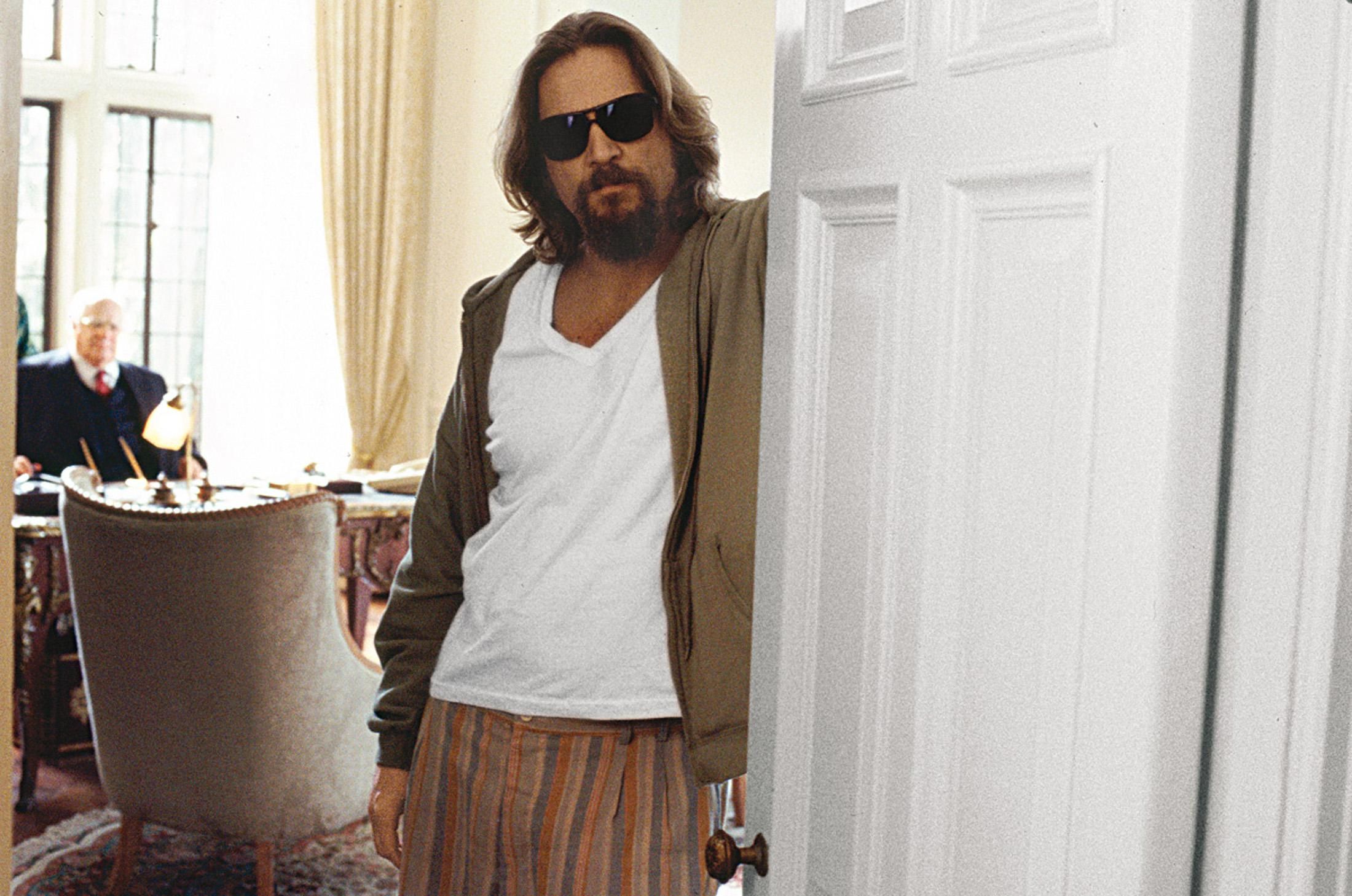Homemade limoncello: Nothing cuts through a hot summer night like a few sips of homemade limoncello. Oddly enough, I got the recipe I use from my landlord in Germany. You’ll need grain alcohol, lemons, lots of sugar, and time to soak the lemon peel. Drop me a note if you’re interested; and yes, it’s worth the wait. — Tracy
Plain old lemonade: Long-time Signal readers know I’m from the South – Georgia, to be precise – and that could make it hard for you to understand why I’ve NEVER liked iced tea. To this day, family members still offer me iced tea, and I have to make that face. It’s some kind of cognitive dissonance-type situation. But plain old lemonade, not too tart and not too sweet, works for me every time. (Exit stage left toward the refrigerator) – Willis
Pirlo, an alternative to Aperol Spritz: A local recipe from Brescia, Italy, this cocktail has made the rounds, even being named the best cocktail of the year by the New York Times. The recipe is easy: Aperol, white wine, sparkling water. A slight variant from Aperol Spritz, this is a cheaper, more local version of it. Very refreshing for hot summer days! – Bea
White Russian: Why? Because it's what The Dude drinks, and he abides. Huh? Watch a certain late 1990s Coen bros film starring Jeff Bridges, and you’ll understand. — Carlos
Just one Sunkist: I don’t love soda, in general, but once a year, every year, on the hottest, most scorching, doggest dog day of the summer here in NYC, I go into a bodega, make my way past the sleeping cat and the rack of plantain chips, open up the refrigerator, and pull out the ice-coldest can of Sunkist I can find and – spsst, ahh! – knock it back, right outside there, in the bleaching sun. It’s the most refreshing thing in the world – just once. — Alex
